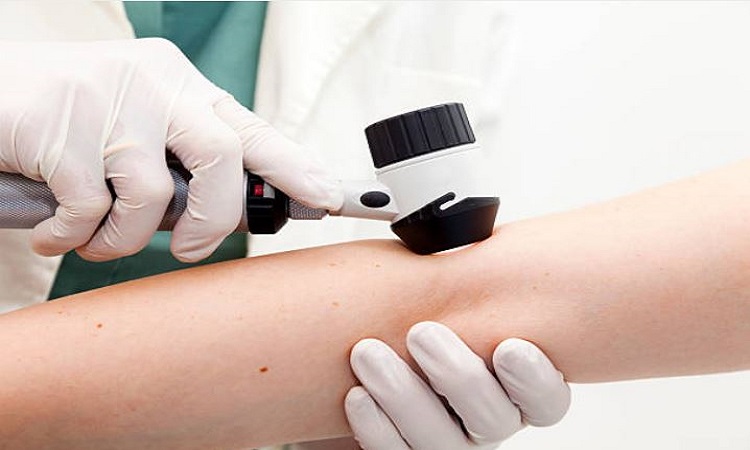Skin cancer is a growing public health concern that will affect 20 percent of Americans at some point in their lives. Fortunately, the five-year survival rate for early-detection melanoma is 99 percent – higher than almost every other type of cancer.
You can cut your risk of developing skin cancer by reducing your exposure to direct sunlight (especially during the middle of the day), abstaining from tanning beds, and using sunscreen.




